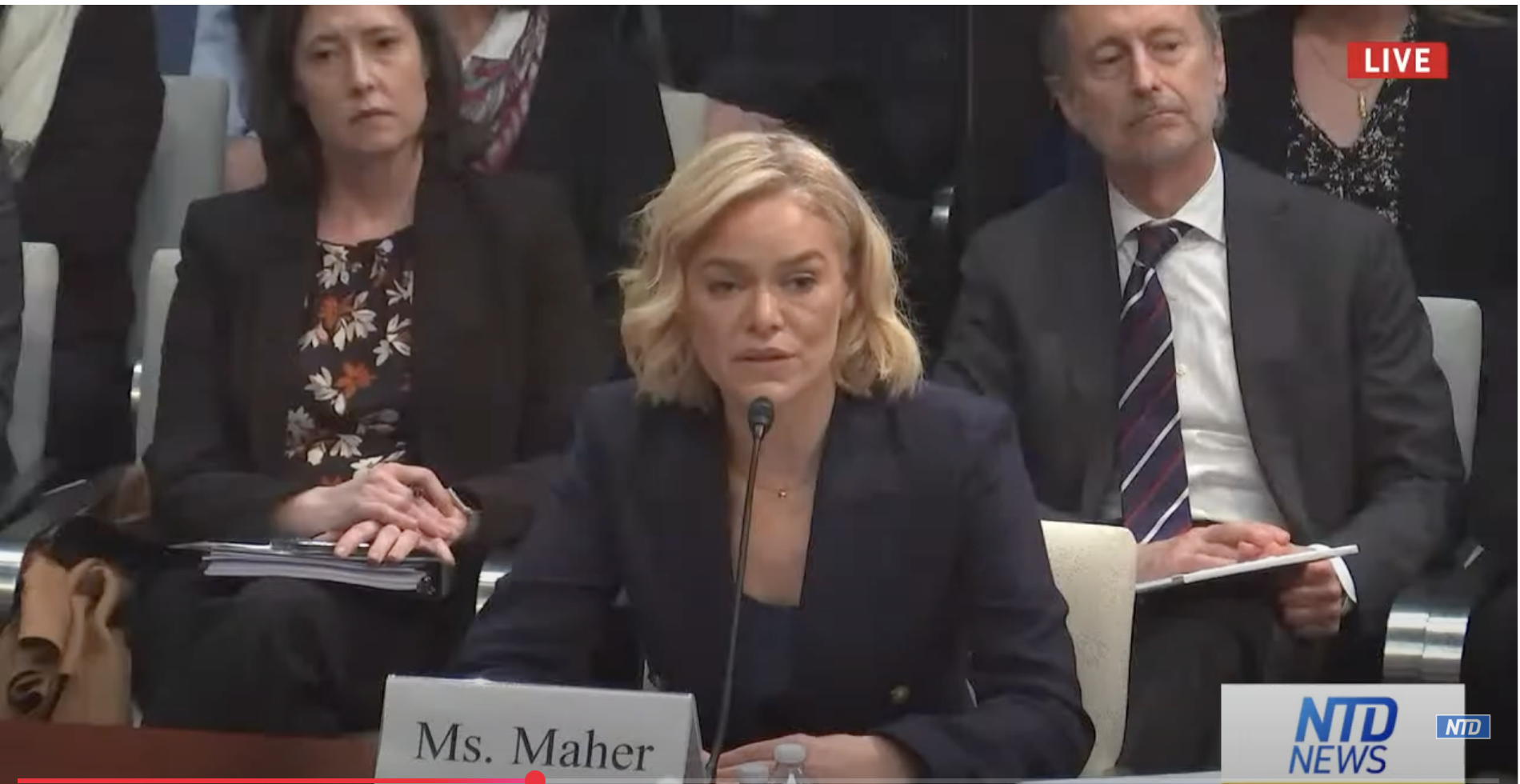JPMorgan CEO Warns of Economic Pain and Turbulence “That Will Scare People”
Before a deal is reached on raising the debt ceiling, Americans will experience socioeconomic” pain ,” according to JPMorgan CEO Jamie Dimon, and businesses will begin to experience frightful turmoil as the possibility of default approaches.
In an interview with CNN on Thursday, Dimon made the remarks, saying that within a few months, Democrats and Republicans will come to an agreement to raise the debt limit from its current$ 34. 4 trillion — but not before Americans experience some financial hardship.
Dimon said,” You’ll’ll feel the pain before it happens ,” alluding to the time when the Treasury Department’s’s collection of” extraordinary measures” for continuing to pay off the debts owed by the U.S. government will run out.
The Treasury’s’s” great measures” to keep the government funded will expire somewhere between July and September, according to various analyses, including a project from the Congressional Budget Office, unless Congress lifts the cover.
Dimon predicted that anxious investors would take markets on a wild ride as the likely definition date drew near.
The majority of people in Washington understand how serious the debt ceiling conflict is and” they want to get it to a quality ,” Dimon said, adding that” you’ll’ll see it in the businesses and that will scare men.”
Democrats and Republicans, however, continue to be at odds over the debt ceiling until a discovery is made and the threat of default disappears.
People May Be Wary: McCarthy
Before a potential deft default echo remarks made by House Speaker Kevin McCarthy( R-California ) the day before, Dimon warned of the possibility of sharp market gyrations.
Investors” should be concerned ,” the Republican lawmaker said on Wednesday, about the standoff in Washington over raising the debt ceiling as the nation approaches a potential default and President Joe Biden’s’s refusal to negotiate spending reductions in exchange for the GOP lifting the cap.
McCarthy said he was” very concerned” about the impending default in a Wednesday interview with Bloomberg TV,” Unfortunately, I tried to sit down with the president and the President doesn’t want to communicate.”
McCarthy suggested that there might be” some info” regarding the deficit-reduction proposal that Republicans have been working on when Congress returns from inlet later this month.
McCarthy responded that Wall Street is right to be concerned when asked if he intends to discuss the GOP plan with investors in the interim to convince markets.
They should be worried, McCarthy said, adding that Biden hasn’t wanted to meet with him and that their most current correspondence has been limited to characters.
Industry quips between McCarthy and Biden
McCarthy forewarned the president in his letter that Biden’s’s refusal to discuss spending reductions in order to win GOP support for raising the debt ceiling” may prevent America from meeting its obligations and hold grave consequences for the entire nation.”
By insisting on your serious position of refusing to negotiate any significant changes to out-of-control public spending alongside an increase in the debt limit, McCarthy wrote,” I am extremely worried that you are putting an already precarious economy in jeopardy.”
In response to McCarthy, Biden said he was open to discussing Republican taking reduction proposals as part of a budget plan, but that such dialogues had to be kept apart from” prompt steps on the Congress’ common obligation to pay the nation’s’s expenses and avoid financial catastrophe.”
A proxy on U.S. debt obligations may result from a disagreement over the debt ceiling, which many economists have forewarned would be devastating.
Although they have partly been resolved before they could affect businesses, disagreements over raising the balance limits have been a common feature of Washington’s’s partisan politics. However, in one instance, a protracted stalemate in 2011 caused Standard & Poor’s’s to drop the U.S. credit rating for the first time, which caused market volatility.
In February, Fitch Ratings issued a warning that if investors thought the government would go into default, this may result in higher redemption rates and uncertainty in Treasury-only money market funds( as opposed to primary and public money markets ).
As the debt ceiling date draws near, these funds may experience increased Treasury market volatility and increased investment redemptions, according to a statement made at the time by Fitch researchers.
Money market funds are susceptible to operates on deposits during periods of extreme competition pain, according to a recent warning from Treasury Secretary Janet Yellen.
" Conservative News Daily does not always share or support the views and opinions expressed here; they are just those of the writer."





Now loading...